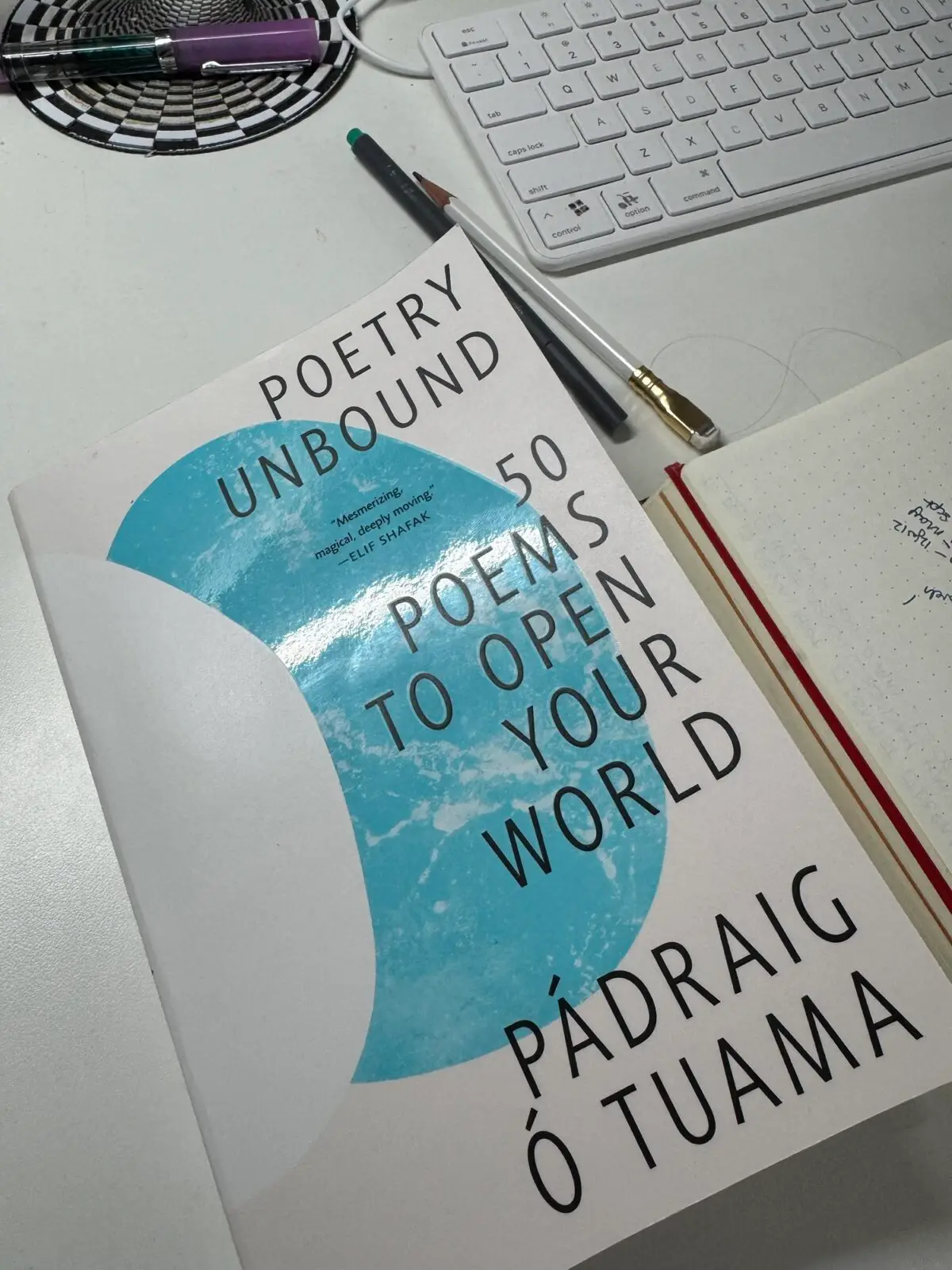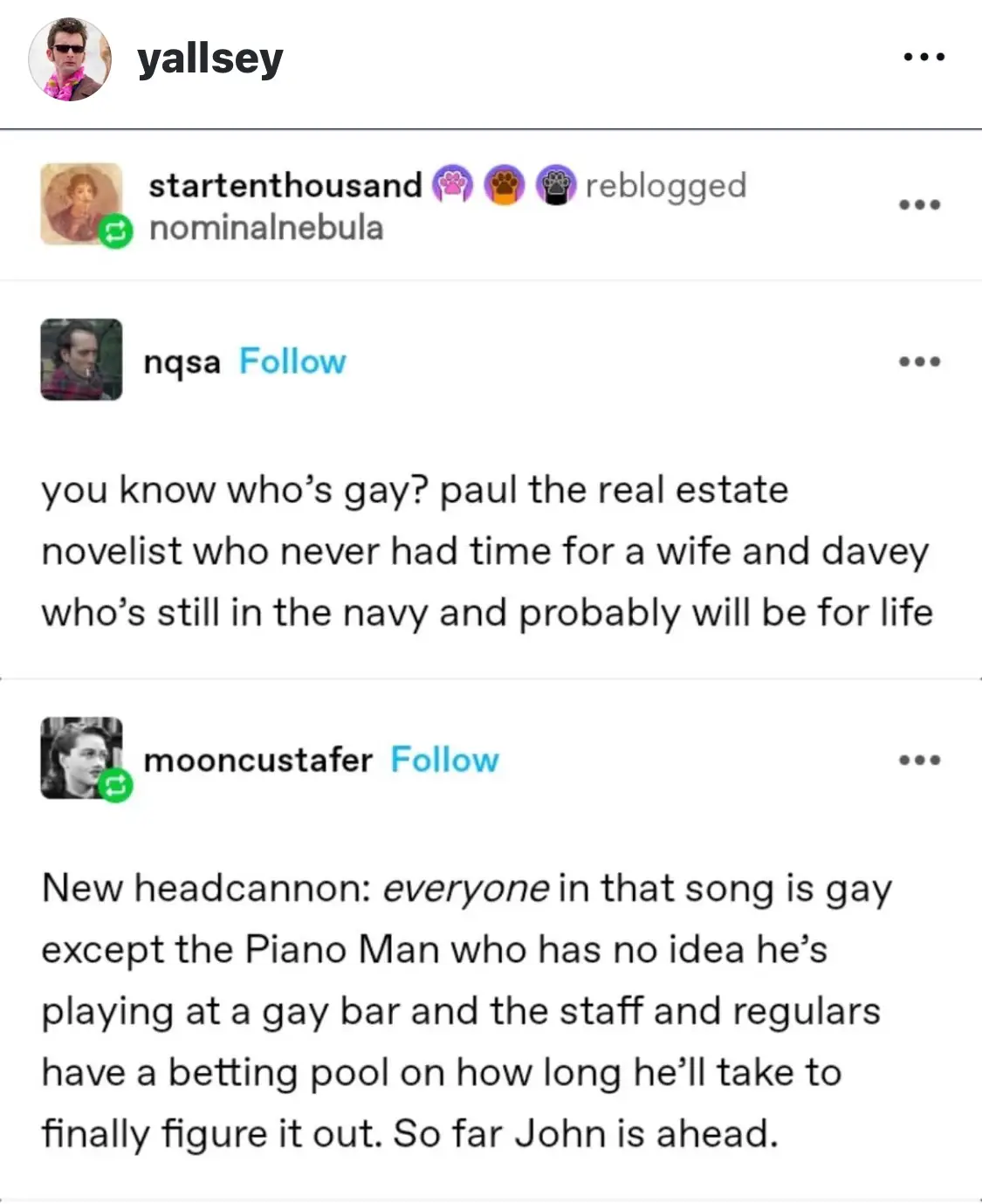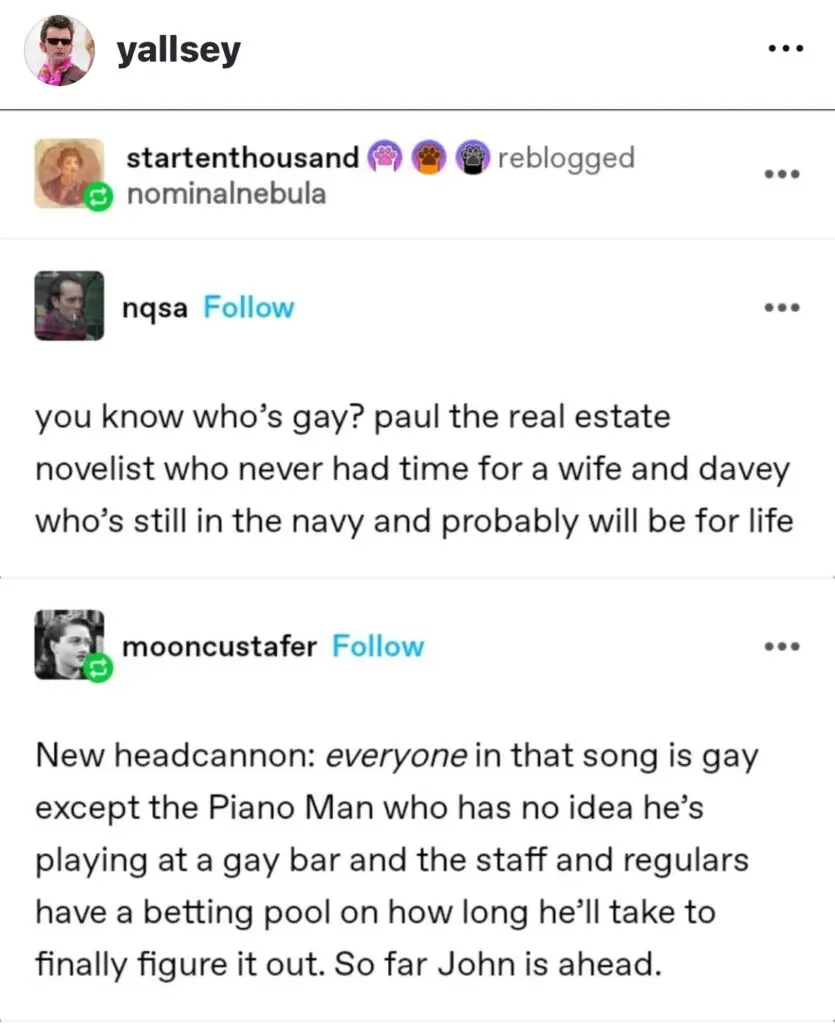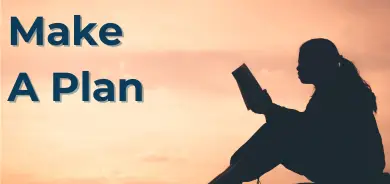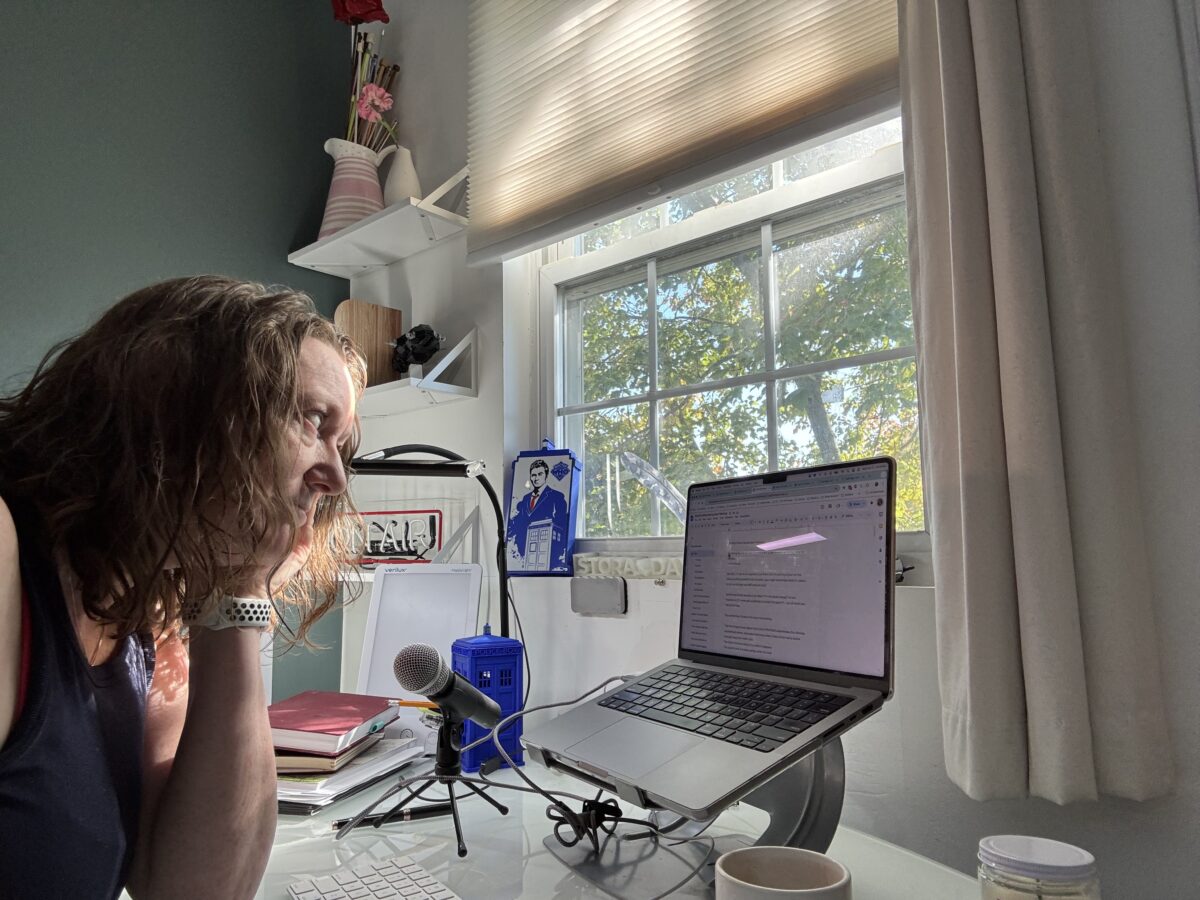I’m sitting here at my desk: time to write, a story to work on, all my tools on my desk.
And I’m stuck.
(Actually I’m not stuck anymore, and that’s why I’m writing this: so that when you find yourself in this situation, you might remember what I’m about to tell you and get yourself unstuck too.)
Download the ‘Unstick Your Story Workbook’ now
Writer’s Block – Real or Not, It Stinks!
Sometimes blocks are about our fears (“I’m not good enough”) or our frustrations (“I’ll never get published, so what’s the point?”) – both of which are lies, by the way.
But sometimes it really is about the story not working.
The first thing to know about this is that EVERYONE experiences this. Novices, experienced writers, and award-winning writers. Every writer starts stories that get away from them a bit.
- The trick is to know what to try when it happens.
- The second trick is to keep going, when it’s hard.
Today i’m going to try to help a bit with the first trick, by walking you through what’s going on with my story.
The Idea
I had this idea for an advance party of colonists to land on a planet they’re planning to settle, only to crash on the way down.
Of course, they discover that the planet isn’t everything they thought it was, and they start to experience some strange side effects of being there.
The Plot
In my search for ‘what happens next’, I decided their quest would be to travel for three days across different hostile environments, to reach the rescue ship’s extraction point.
The Problem
As I wrote the set up to the story, I had a character wake from a medically-induced coma to discover that her crewmates were on the planet and already experiencing the weird side-effects of being there.
Then I was going to force them to trek across the planet for three days.
To make it interesting/realistic, I had an advance party of five people – one for each important function of the shuttle trip to the surface.
And this is where I made my first mistake: even though one of them doesn’t do much (for story reasons), that’s a lot of people to manage in a short story. I had barely introduced them all and I was pushing the 1000 word limit.
For a story that I was planning to bring in around 4000 words, I hadn’t left myself much room for the actual story!
The Resistance
Steven Pressfield famously says that “resistance’ in writers is/feels like an external force, pushing on us and trying to prevent us from doing our creative work.
So when I stalled at the point where I had to make my characters get up and begin their trek, I considered that:
Was I having internal resistance?
And my answer was:
Nope.
I was just doing it wrong.
I was stalled because I was overwhelmed by the prospect of coming up with several different environments on the planet that would cause obstacles to getting to the rendezvous point, guiding five distinct personalities through it with enough peril and banter to keep readers interested, and then come up with a final climax and resolution…all in the number of words a short story affords.
The Answer
I realized I was brainstorming a plan for a novella at the very least, not a short story,
Throw in a subplot about the geopolitical reasons they were there, or the secret sabotage efforts of one of the crew, maybe a romance, and I was working towards a novel!
(Note: I wasn’t outlining as such, but, having reached a sticking point, I was brainstorming what needed to come next.)
Short stories are short.
Which means the central idea they address has to stay smaller in scale than our imaginations are capable of making it.
I had to rein myself in.
If I wanted to keep the five characters and if I wanted this to be a short story not a novella–and I did–I probably needed to shrink the scale of the problem.
The New Idea
At this point, a new idea began to form:
What if the story is not about their trek across the planet, encountering obstacles? What if I bring the obstacles to them, and all they have to do is survive?
That way, I avoid having to come up with new settings, as well as coming up with ways to address the passage of time, and several different types of peril.
Show The Most Interesting Parts
This led me to another ‘aha’:
I had already come up with an intriguing idea: that the planet was affecting them all differently.
I had not, however, shown the reader any of that.
In other words, I had put all the most interesting parts in backstory and conversations:
“Oh, yeah, by the way, while you were asleep, all these weird things happened. Look, let me show you the aftermath.”
Yawn!
That was me – the writer – telling myself the story.
What if I showed the reader that weird and wonderful stuff as it was happening?
Now I was starting to get excited about the story again.
- I was thinking on a scale that would work in short fiction.
- I didn’t have to come up with a whole bunch of new ideas
I immediately started thinking of fun ways to show what I had already described in my opening 1000 words, that would allow me to tell a whole story without overloading the reader with new settings and adventures.
Starting Again Without Starting Again
When a story stalls, it is oh, so tempting to throw it out and go with the shiny new idea that presents itself.
But by digging into what I know a short story is and should be, I found my way back to the thing that excited me about this story in the first place.
So sure, I had a lot of ideas that I’m discarding.
Sure, I have to go back to the beginning and write it completely differently.
But now I get to play around with the ideas I already came up with instead of overwhelming myself—and potential readers—with too many new ideas.
And I have a story idea (the trek across the planet) that I can use at another time.
Give It A Try
Want to diagnose your ‘stuck’ story and find a cure?
Download a worksheet to help you ask yourself smart questions and unstick your story.


